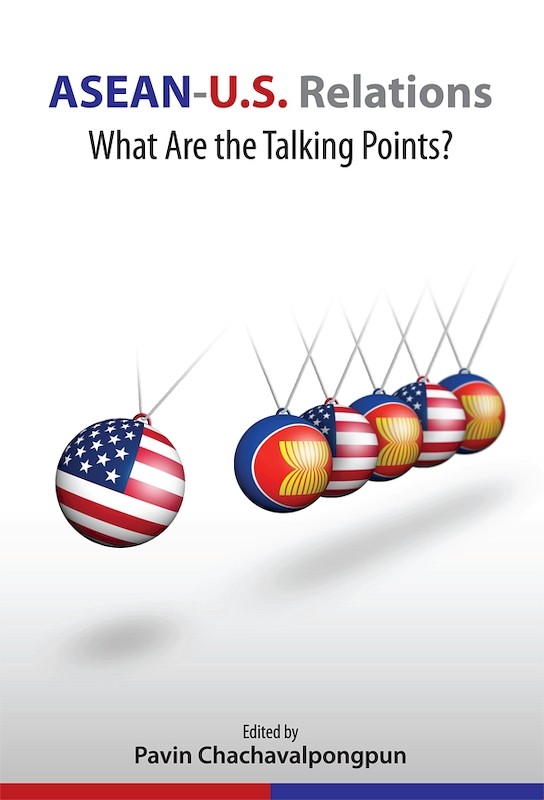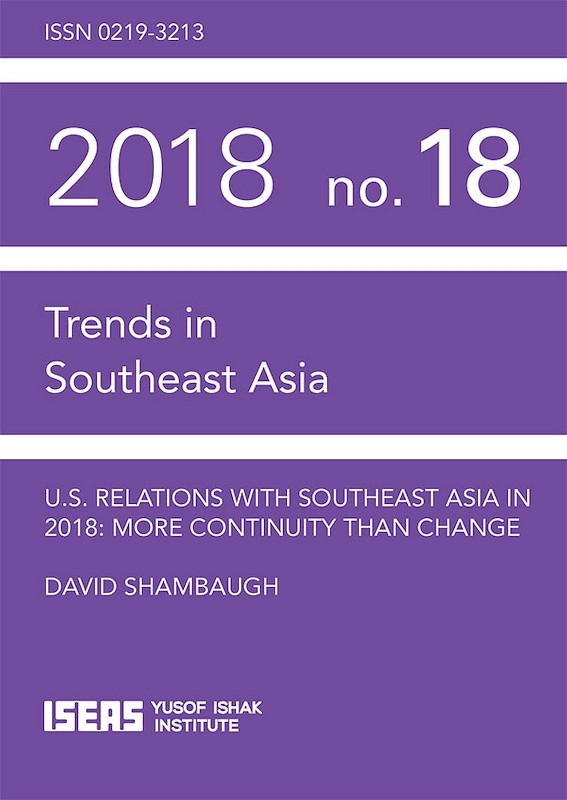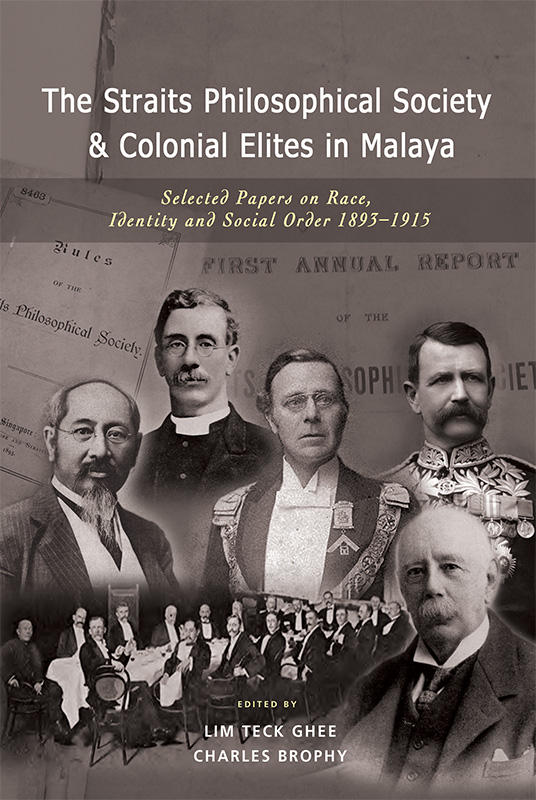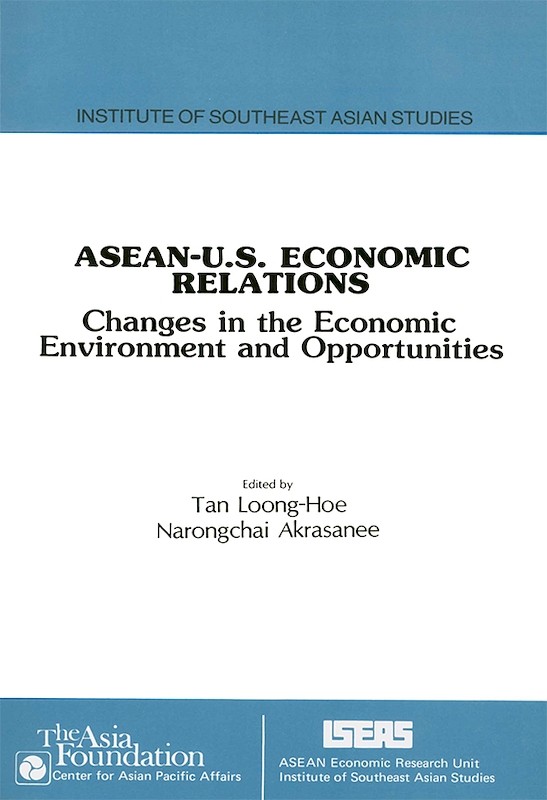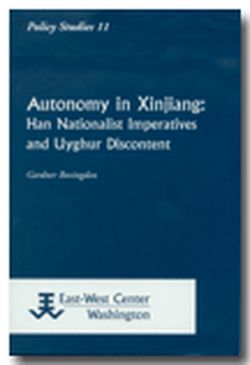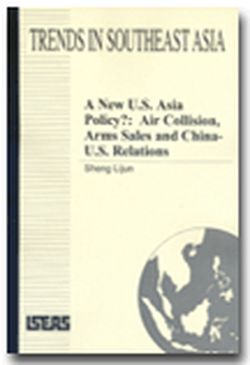Arc of Containment: Britain, the United States, and Anticommunism in Southeast Asia
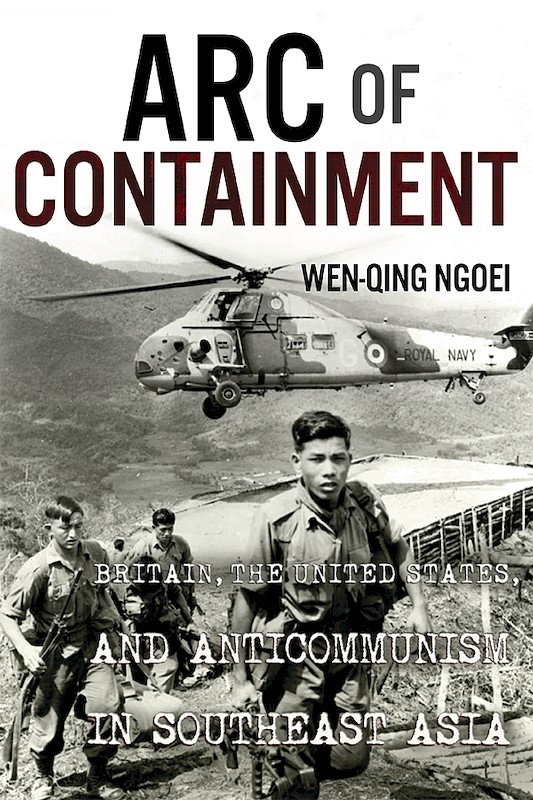
Wen-Qing Ngoei, author
Date of publication:
2019
Publisher:
Cornell University Press / ISEAS – Yusof Ishak Institute
Number of pages:
254
Code:
BM576
Soft Cover
ISBN: 9789814843324
Reviews
Darlene Machell de Leon Espena, Journal of Southeast Asian Studies, Vol. 8, No. 3, 2019.
"Wen-Qing Ngoei's Arc of Containment: Britain, the United States, and Anticommunism in Southeast Asia is a thought-provoking, compelling, and significant contribution to the study of American hegemony and intervention in postwar Southeast Asia.
Although historians have examined this period in Southeast Asian history in a myriad of ways, this ground-breaking book is particularly exceptional as it situates American ascendancy in the region within the configuration of Anglo-American cooperation and anti-communist nationalism in Southeast Asia.
Scholars interested in Southeast Asian history and politics will find the book highly informative and well-structured.
What makes this book a compelling read, aside from its clarity and eloquence in articulating the intimate and entangled historical narratives of the US, Britain, and Southeast Asian states, is its audacious and apposite critique of Vietnam-centric scholarship on U.S. interventions in the region. The author skillfully reframes the subject by accentuating, and rightfully so, the interconnectedness of postcolonial Southeast Asian states.
[T]he book [is] a great source of knowledge and strong assertions. It is excellently researched, well-crafted, and provocative."
About the publication
Arc of Containment recasts the history of American empire in Southeast and East Asia from WWII through the end of U.S. intervention in Vietnam. Setting aside the classic story of anxiety about falling dominoes, Wen-Qing Ngoei articulates a new history premised on sure containment guaranteed by Anglo-American cooperation. He argues that anticommunist nationalism in Southeast Asia intersected with local antipathy toward China to usher the region from European colonialism to U.S. hegemony. Central to this assessment is the place of British power and the effects of direct neocolonial military might, as well as less overt cultural influences based in decades of colonial rule. Also essential to the analysis is the considerable influence of Southeast Asian actors.
Ngoei shows how the pro-U.S. trajectory after the Pacific War was characteristic of the wider region’s history. Indeed, by the early 1970s, five key anticommunist nations—Malaya, Singapore, the Philippines, Thailand, and Indonesia—had quashed Chinese-influenced socialist movements at home and established a geostrategic arc of states that contained the Vietnamese revolution and encircled China. In the process, the colonial order passed into a condition of U.S. hegemony. Arc of Containment demonstrates that U.S. failure in Vietnam had fewer long-term consequences than widely believed, because British pro-West nationalism had been firmly entrenched twenty-plus years earlier.
Co-publication: Cornell University Press / ISEAS – Yusof Ishak Institute
ISEAS edition is for distribution in ASEAN countries

